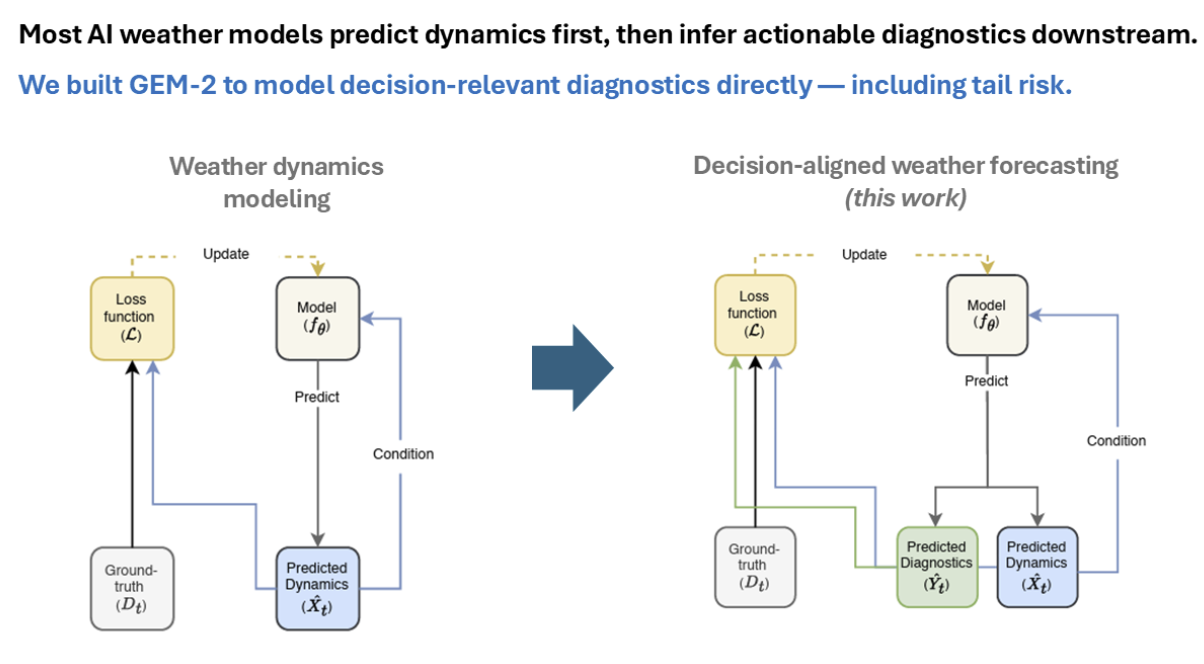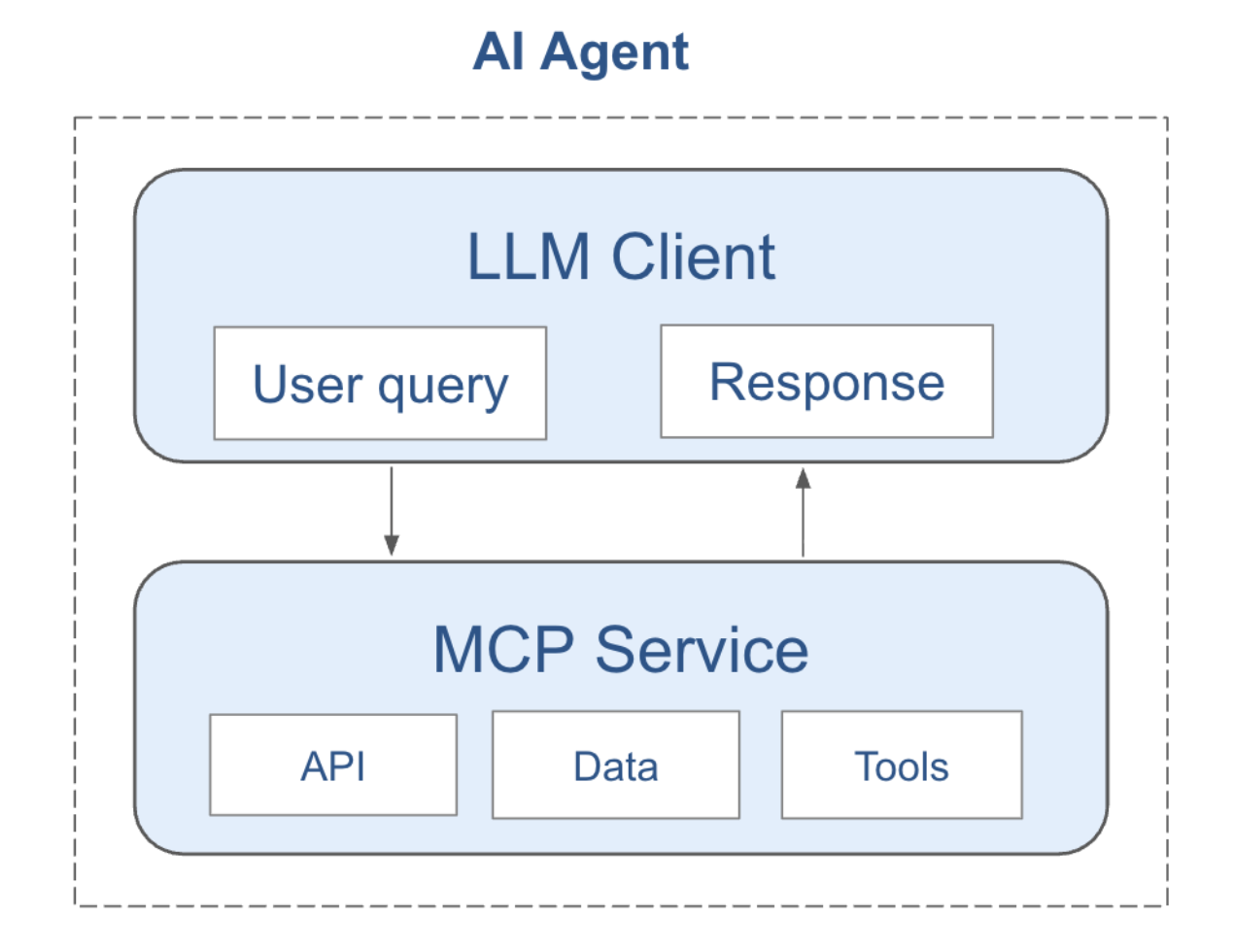
October 15, 2023
October 15, 2023
S2S Forecast Leader Salient Predictions Adds AI and Hydrology Expertise to Its Science Advisory Board

Since its founding in 2019, Salient Predictions has insisted on scientific rigor when developing its revolutionary S2S forecast models. “Science is in the DNA of the company,” said Co-Founder and CEO Matt Stein. “We want to keep it that way.”
In keeping with this ongoing commitment, Salient has added two members to its Science Advisory Board (SAB): machine learning expert Dr. Rose Yu, Assistant Professor in Computer Science and Engineering at University of California, San Diego, and Dr. John Burkhart, Professor of Hydrology at the University of Oslo.
Yu and Burkhart bring complementary skill sets to the SAB, which now has seven members. “My primary area of research involves advancing machine learning for large-scale spatiotemporal data,” said Yu. “That research has obvious implications for the type of S2S forecast models that Salient has developed.”
“I can’t think of a better opportunity for collaboration,” Burkhart added. “My area of focus is developing hydrologic and meteorological models that have practical application in the business world, particularly in regard to energy and water resource evaluation. That fits in perfectly with what Salient Predictions is doing.”
Applying Climate Science to the Real World
The SAB is a key component of Salient Predictions’ business model, which is predicated on developing S2S forecasts that are both practical and objective. Reliability and accuracy are at the top of the agenda. “Salient’s priority is to stay close to the science,” Stein said. “Our goal is to add people to the Advisory Board in specific scientific domains that are relevant to what we do. We also look for members who will provide opportunities for additional collaboration, give us new ideas, and provide us an unvarnished scientific opinion on how we’re doing.”
Dr. Yu, a machine learning expert, and Dr. Burkhart, a hydrologist, expand the expertise on the SAB, which already includes Dr. Mark Abbott, President and Director of the Woods Hole Oceanographic Institution; Dr. Jason Furtado, a climate dynamicist focused on weather – climate interface and S2S forecasting; Dr. Alicia Karspeck, Co-Founder of SK–Analytics, which specializes in subseasonal disease forecasting; Dr. Laifang Li, Assistant Professor of Meteorology and Atmospheric Science, Penn State University; and Dr. Eric Lindstrom, former Chair of the Ocean Observation Panel for Climate, World Meteorological Organization.
“Rose and John will help us not only fine-tune S2S forecasts on the timescale we’re using, including rainfall predictions for up to a year in advance, but also help us determine exactly where that rainfall will occur and what the impacts will be,” Stein said. “What will the precipitation rates be? How will water flow over a watershed — how will it be absorbed in some places and not in others? How will it affect stream flow in a given area?”
The ability to add that level of detail to S2S forecasting of precipitation, temperature, and other variables is incredibly valuable across a range of industries, including agriculture and energy trading. Salient recently predicted record-setting drought in a vital growing region months in advance. “Our customers are very sophisticated and technical,” said Stein. “They appreciate the fact that they’re working with a company that really values taking what’s happening in the research world and operationalizing it so that it applies in the practical world.”
A Model for Success
For Co-Founder and President Dr. Ray Schmitt, the development of the SAB has helped Salient stay true to its original vision: Question conventional wisdom regarding the limitations of S2S forecasting models; test new ideas using advances in machine learning; and evaluate those tests with scientific rigor. He and his sons Eric and Stephen used that approach to win the U.S. Bureau of Reclamation’s S2S Forecast Rodeo in 2017, using a model that weighted ocean data more heavily than atmospheric data. That model outperformed all other entries, including several from the world’s foremost forecasting companies.
The lesson was clear: To make long-overdue improvements in weather forecasting, follow the science. “As a scientist, I often get frustrated that people in the business and political worlds don’t pay enough attention to science as we confront the challenges of climate change,” Schmitt said. “To transition our knowledge at Salient into something useful for society is very satisfying — and our Science Advisory Board is vital to continuing that mission. The addition of Rose and John just makes us that much stronger.”
October 15, 2023
October 15, 2023
S2S Forecast Leader Salient Predictions Adds AI and Hydrology Expertise to Its Science Advisory Board

Since its founding in 2019, Salient Predictions has insisted on scientific rigor when developing its revolutionary S2S forecast models. “Science is in the DNA of the company,” said Co-Founder and CEO Matt Stein. “We want to keep it that way.”
In keeping with this ongoing commitment, Salient has added two members to its Science Advisory Board (SAB): machine learning expert Dr. Rose Yu, Assistant Professor in Computer Science and Engineering at University of California, San Diego, and Dr. John Burkhart, Professor of Hydrology at the University of Oslo.
Yu and Burkhart bring complementary skill sets to the SAB, which now has seven members. “My primary area of research involves advancing machine learning for large-scale spatiotemporal data,” said Yu. “That research has obvious implications for the type of S2S forecast models that Salient has developed.”
“I can’t think of a better opportunity for collaboration,” Burkhart added. “My area of focus is developing hydrologic and meteorological models that have practical application in the business world, particularly in regard to energy and water resource evaluation. That fits in perfectly with what Salient Predictions is doing.”
Applying Climate Science to the Real World
The SAB is a key component of Salient Predictions’ business model, which is predicated on developing S2S forecasts that are both practical and objective. Reliability and accuracy are at the top of the agenda. “Salient’s priority is to stay close to the science,” Stein said. “Our goal is to add people to the Advisory Board in specific scientific domains that are relevant to what we do. We also look for members who will provide opportunities for additional collaboration, give us new ideas, and provide us an unvarnished scientific opinion on how we’re doing.”
Dr. Yu, a machine learning expert, and Dr. Burkhart, a hydrologist, expand the expertise on the SAB, which already includes Dr. Mark Abbott, President and Director of the Woods Hole Oceanographic Institution; Dr. Jason Furtado, a climate dynamicist focused on weather – climate interface and S2S forecasting; Dr. Alicia Karspeck, Co-Founder of SK–Analytics, which specializes in subseasonal disease forecasting; Dr. Laifang Li, Assistant Professor of Meteorology and Atmospheric Science, Penn State University; and Dr. Eric Lindstrom, former Chair of the Ocean Observation Panel for Climate, World Meteorological Organization.
“Rose and John will help us not only fine-tune S2S forecasts on the timescale we’re using, including rainfall predictions for up to a year in advance, but also help us determine exactly where that rainfall will occur and what the impacts will be,” Stein said. “What will the precipitation rates be? How will water flow over a watershed — how will it be absorbed in some places and not in others? How will it affect stream flow in a given area?”
The ability to add that level of detail to S2S forecasting of precipitation, temperature, and other variables is incredibly valuable across a range of industries, including agriculture and energy trading. Salient recently predicted record-setting drought in a vital growing region months in advance. “Our customers are very sophisticated and technical,” said Stein. “They appreciate the fact that they’re working with a company that really values taking what’s happening in the research world and operationalizing it so that it applies in the practical world.”
A Model for Success
For Co-Founder and President Dr. Ray Schmitt, the development of the SAB has helped Salient stay true to its original vision: Question conventional wisdom regarding the limitations of S2S forecasting models; test new ideas using advances in machine learning; and evaluate those tests with scientific rigor. He and his sons Eric and Stephen used that approach to win the U.S. Bureau of Reclamation’s S2S Forecast Rodeo in 2017, using a model that weighted ocean data more heavily than atmospheric data. That model outperformed all other entries, including several from the world’s foremost forecasting companies.
The lesson was clear: To make long-overdue improvements in weather forecasting, follow the science. “As a scientist, I often get frustrated that people in the business and political worlds don’t pay enough attention to science as we confront the challenges of climate change,” Schmitt said. “To transition our knowledge at Salient into something useful for society is very satisfying — and our Science Advisory Board is vital to continuing that mission. The addition of Rose and John just makes us that much stronger.”
About Salient
Salient combines ocean and land-surface data with machine learning and climate expertise to deliver accurate and reliable subseasonal-to-seasonal weather forecasts and industry insights—two to 52 weeks in advance. Bringing together leading experts in physical oceanography, climatology and the global water cycle, machine learning, and AI, Salient helps enterprise clients improve resiliency, increase preparedness, and make better decisions in the face of a rapidly changing climate. Learn more at www.salientpredictions.com and follow on LinkedIn and X.



